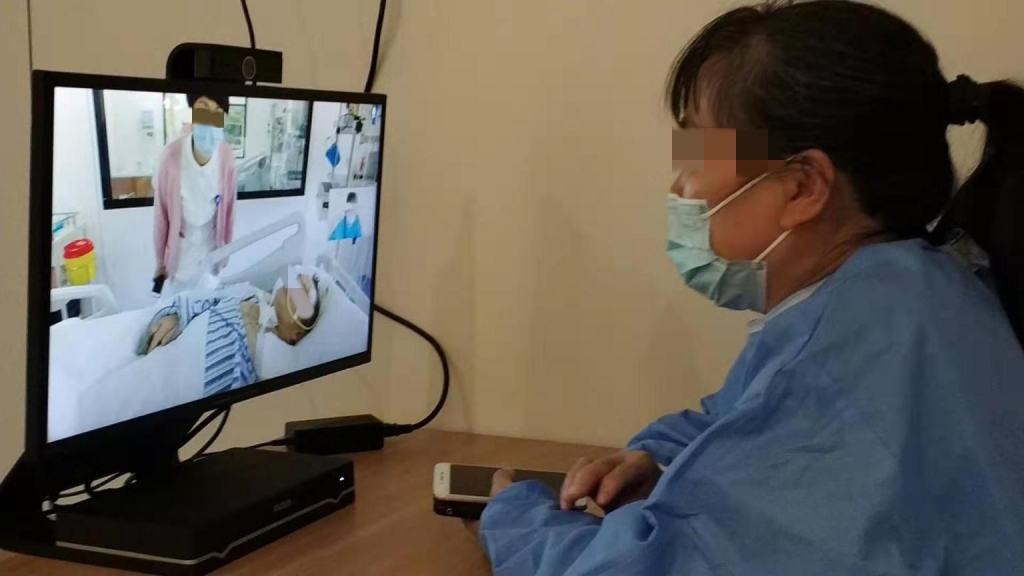
Avaya Helps Control Spread of COVID-19 in China
In early 2020, the unexpected outbreak of COVID-19 caused a rapid spread across China and the rest of the world. Avaya and its business partners responded quickly, donating remote consultation video systems and remote visiting systems to frontline hospitals, helping slow and control the epidemic, meeting the visiting needs of patients’ relatives, and providing protection for medical staff.
Avaya also worked to ensure the operation of its customers’ businesses. The company immediately proposed remote/home agent solutions, and proactively communicated with customers to understand their requirements for such a solution. Following implementations, customers could depend on the stable operations of their businesses.
Airlines
Since the outbreak of COVID-19, many companies have responded by adopting remote office methods to prevent the spread of the virus and avoid cross-infection. This has helped to protect the physical health of employees, while also assisting in epidemic prevention, control and treatment.
Hainan Airlines, a major airline based in China, is one such company. In 2018, it received the SKYTRAX ‘Five-Star Airline’ award for the eighth consecutive year, and is constantly ranked as a global top 10 airline. Hainan Airlines also prides itself on paying close attention to the growth and health of its employees, and strives to create a safe and pleasant working environment.
In response to the COVID-19 epidemic, Hainan Airlines, with the assistance of Avaya, has deployed a remote home agent solution in order to ensure the health of agents, and contain the spread of the epidemic. Based on Avaya's IX Workplace and IX Contact Center technology, the airline migrated its original customer service system to employees’ homes and mobile terminals to enable remote access and continue providing services to passengers.
This not only avoids the possibility of virus transmission in a centralized office environment, ensuring the health of employees, but also continues to provide passengers with a full range of seamless customer service, maximizing the protection of passengers' rights and interests.
Healthcare
To add to the efforts around the containment of the COVID-19 virus, Avaya and its partner Shanghai Zhiang have donated a number of remote visiting systems to Tongxiang Hospital at the Tongxiang Branch of Zhejiang Province People's Hospital.
These systems enable patients and family members to communicate in and out of quarantine areas through video collaboration, greatly improving patients’ quality of life while in quarantine, and avoiding cross-infection during an epidemic. The solution also reduces the consumption of medical protective materials at a time of great need.
The solution enables patients in the ward and families outside the isolation zone to engage in two-way audio and video calls through a customized video conferencing application. Family members can communicate with patients through video visits, alleviates the psychological pressure felt by patients being treated for the COVID-19 illness, enabling a “human touch” while at the same time preventing contamination of family members. The solution also enables more frequent communication between healthcare staff and patients, and reduces the risk to healthcare staff of contracting the virus.
Ahead of the deployment, Avaya sent two teams of engineers to the hospital for commissioning and training. It soon transpired that a key requirement of the ICU ward was stability, meaning that an on-premise solution was required. As a result, Avaya engineers re-developed the hospital’s network so that it could accommodate the ICU ward’s medical applications as well as the new remote visitation application. The solution enables point-to-point high-definition audio and video communication between the isolation ward and the visiting area through a local area network. The equipment was then deployed and is now being operated on the front line of epidemic prevention, control and treatment.



























